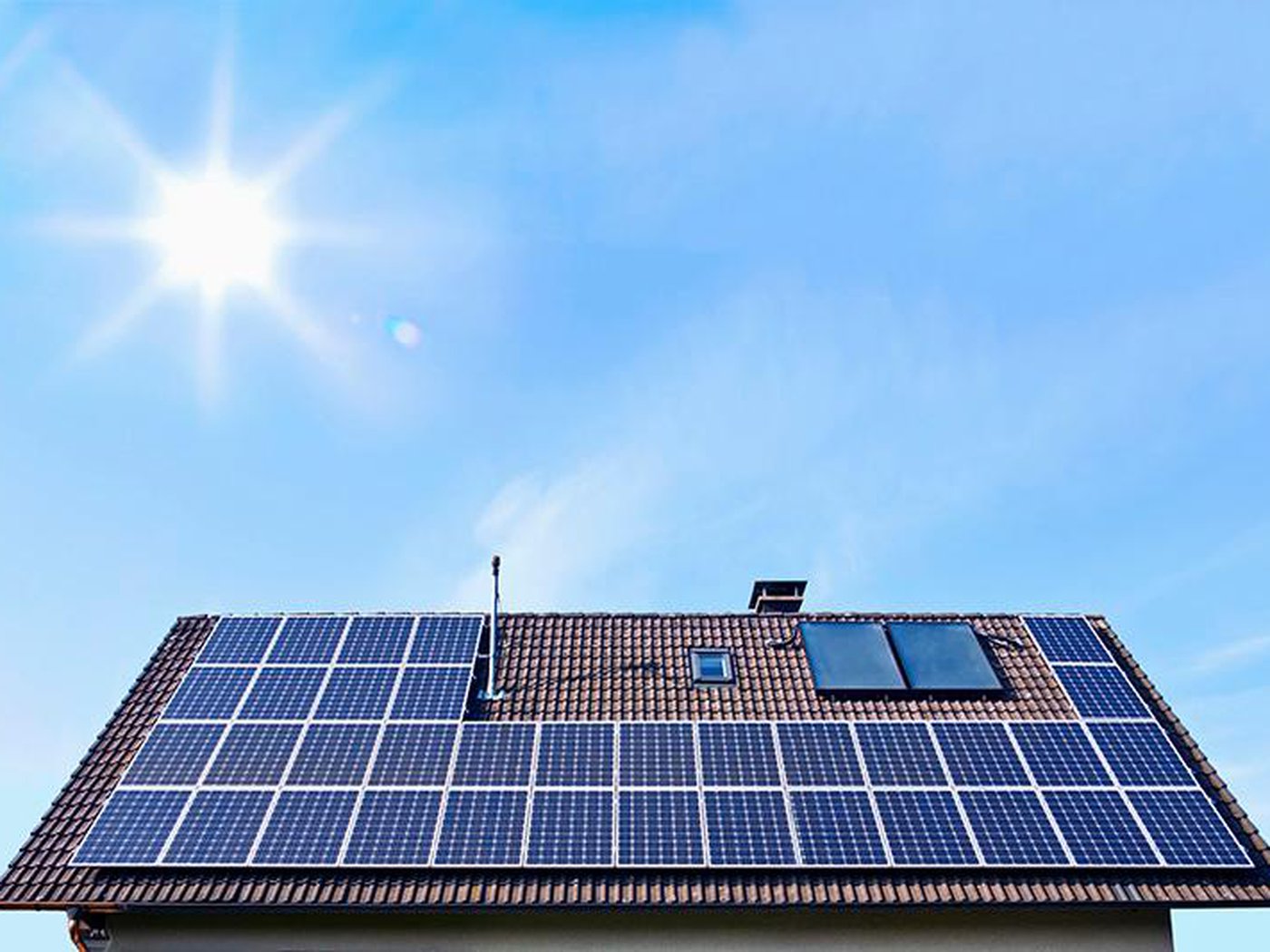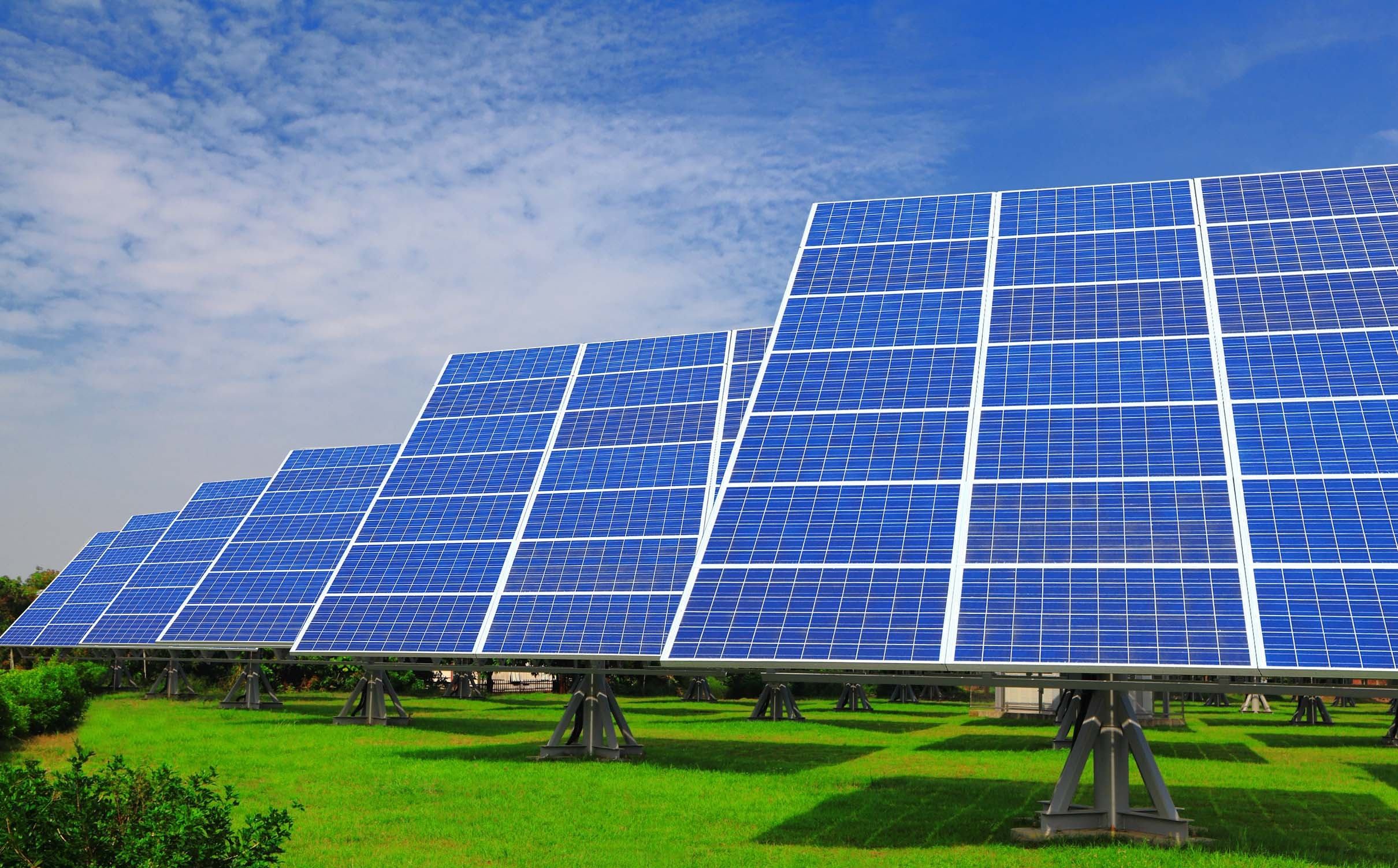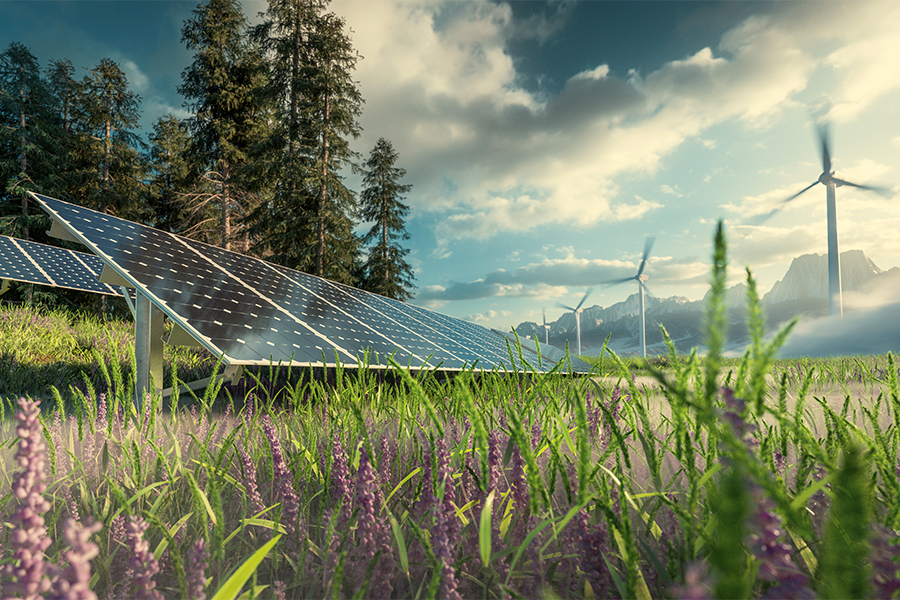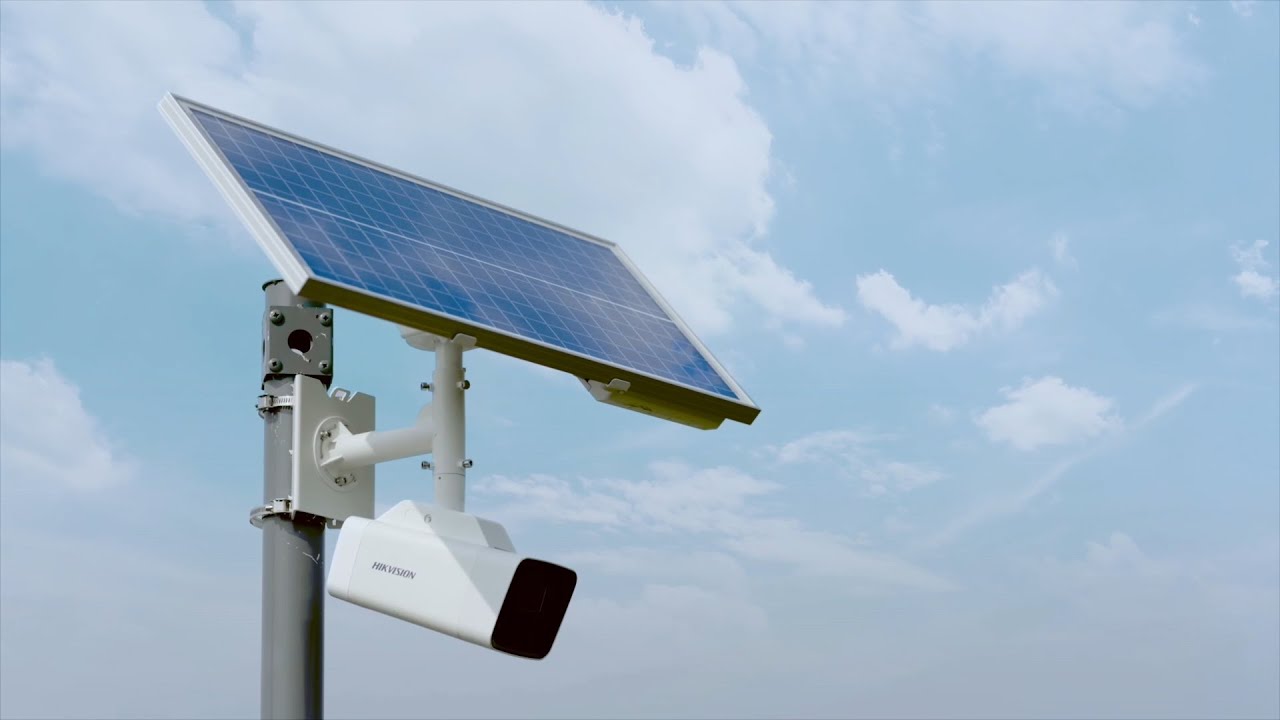
When you are wondering how much solar power do I need for my RV, there are a few things you need to keep in mind. You will want to be able to cover your power needs while traveling, and you will also want to know how to choose the right solar power for your RV.
Getting solar power for off-grid camping
If you’re planning on going off the grid for camping, you’ll need to find a reliable power source. A generator, solar panels, and portable batteries are all good options. You’ll also need to consider the energy requirements of your appliances.
Solar panels are the most eco-friendly option. They’re quiet, and don’t produce any harmful emissions. But they’re not ideal for use in environmentally sensitive areas. Also, they take a long time to charge. And they aren’t guaranteed to provide adequate power during cloudy days.
Generators can also be a good backup power source, but they can cause noise and are not ideal for use in areas with low impact. Plus, they can be very bulky.
Portable batteries allow you to have control over how much power you consume. This gives you a lot of flexibility.
To ensure you’re getting the best solar panel system for camping, make sure it meets the following criteria. It should be durable, flexible, and meet efficiency.
Investing in RV solar batteries
There are a number of ways to power your RV using the sun. Solar panels are one of the more popular ways to do so.
Using the sun is especially useful if you are boondocking or just don’t want to use the electrical grid. However, you need to be careful when you use the solar-powered vehicle. It’s not a good idea to over-charge your battery as it could damage it.
You’ll also need a way to convert your DC energy into AC electricity. That’s where a charge controller comes in. Make sure you get the right size for your battery bank. If you have a large RV, you may need several of them.
In addition to batteries, you need an inverter to convert the DC energy to AC. The inverter should be located as close to the batteries as possible.
Luckily, you don’t have to shell out thousands of dollars to be able to use your solar system. Many of these systems are do-it-yourself kits that you can install yourself.
Roof-mounted solar system vs portable solar panels
If you are on the road in your RV, you will need to decide between a roof-mounted solar system and portable solar panels. These two options offer different benefits, and you should think carefully about the type of solar power you will need.
Roof-mounted systems are typically more expensive to install. They also require a good deal of space. This can cause stress on the roof structure of your RV. Additionally, they can be damaged by high winds.
Portable solar panels are easier to install and move. Some RVers prefer to use portable panels, as they are lightweight and can be taken with you. However, they also produce less electricity than their roof-mounted counterparts.
The capacity of a portable solar system depends on the number of solar panels and the size of the battery. For example, you will need a bigger battery if you want to be able to power your loads for a long period of time.
Saving power on appliances in a motorhome
There are several options to save power on appliances in a motorhome with solar power. You may use a traditional gas generator, have shore power, or run off an inverter. If you have an inverter, you can convert DC power into 120 Volt AC electricity. Then you can run most common appliances.
To start, calculate how much power you consume in a day. You can use an energy monitor or a free energy calculator online. For example, if you use a laptop for two hours, you will need to calculate the number of watt hours you used. These figures may be rough approximations, however.
To figure out how much power you are using, you will need to plug in each device you use and estimate the time you have it on. Then you can multiply that number by the hours you have it on. This will give you the total watt hours consumed each day. Using this calculation, you can estimate how many panels you need.






